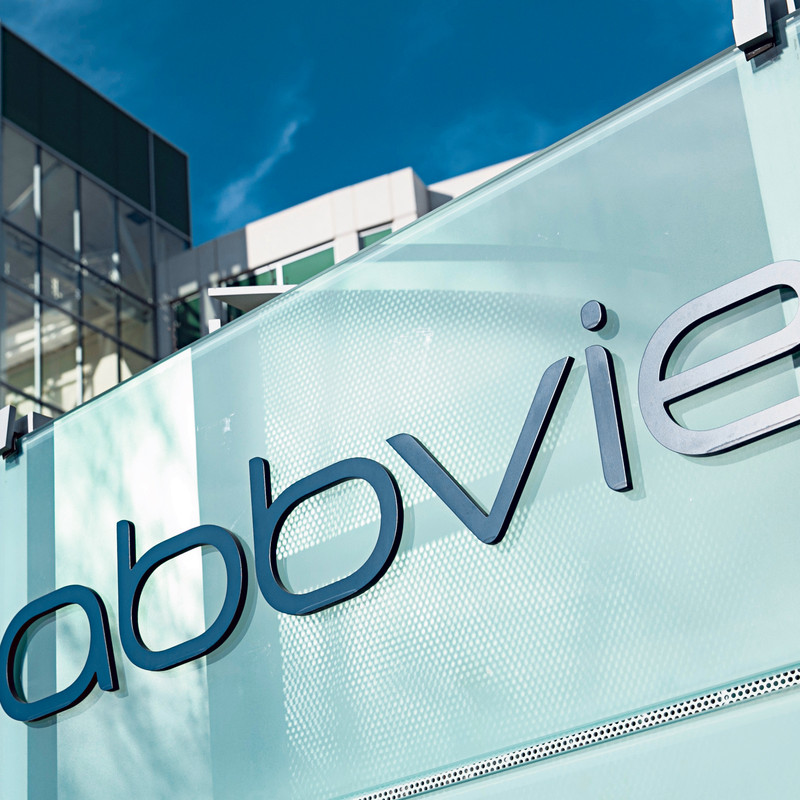
AbbVie, a global research and development based biopharmaceutical company, announced positive top-line results from the Phase 2b randomized, placebo-controlled, dose-ranging study of upadacitinib (ABT-494), an investigational, once-daily oral JAK1-selective inhibitor, in adult patients with moderate to severe atopic dermatitis not adequately controlled by topical treatments, or for whom topical treatments were not medically advisable.1 In this study, all upadacitinib dose groups (30/15/7.5 mg once-daily) met the primary endpoint (mean percent change in EASI at week 16 versus placebo).1 Upadacitinib is not approved by regulatory authorities and safety and efficacy have not been established.
“We are excited by the results of this study, which show that upadacitinib has the potential to be an important treatment option for patients with atopic dermatitis,” said Michael Severino, M.D., executive vice president, research and development and chief scientific officer, AbbVie. “We look forward to advancing upadacitinib to Phase 3 studies in 2018. AbbVie’s continued progress across our upadacitinib clinical development program further demonstrates that selective inhibition of the JAK1 pathway may be a novel therapeutic approach across a broad range of immune-mediated diseases.”
Results at week 16 showed that across all doses, the primary and all skin and itch-specific secondary endpoints, patients treated with upadacitinib achieved improvements that were statistically significant compared to placebo (p<0.05).1 Additionally, reduction in itch was observed within the first week and improvement in skin within the first two weeks (p<0.001 across all doses).1
“Atopic dermatitis is a serious, chronic skin disease that can have a negative impact on patients’ lives,” said Emma Guttman-Yassky, M.D., Ph.D., Professor of Dermatology and Immunology, Icahn School of Medicine at Mount Sinai Medical Center and lead study investigator. “I am very encouraged that itch reduction was achieved within the first week and that up to half of patients achieved a 90 percent or more improvement in skin lesions (EASI 90) by week 16. These are both major concerns for patients with atopic dermatitis. With these results upadacitinib has the potential to be an important treatment option for patients.”
The mean percent change from baseline in the EASI score, a measure of the extent and severity of atopic dermatitis and the primary endpoint in this study, was 74/62/39 percent for patients receiving the 30/15/7.5 mg doses of upadacitinib, respectively, compared to 23 percent for patients receiving placebo (p<0.001/0.001/0.05, respectively).1 A 75 percent improvement in disease (EASI 75) was achieved by 69/52/29 percent of patients receiving the 30/15/7.5 mg doses of upadacitinib respectively, compared to 10 percent for patients receiving placebo (p<0.001/0.001/0.05, respectively).1 Disease improvement of 90 percent or more (EASI 90) was achieved by 50/26/14 percent of patients receiving the 30/15/7.5 mg doses of upadacitinib, respectively, compared to 2 percent for patients receiving placebo (p<0.001/0.01/0.05, respectively).1 Correspondingly, clear or almost clear skin was achieved by 50/31/14 percent of patients receiving the 30/15/7.5 mg doses of upadacitinib, as measured by the Investigator’s Global Assessment scale (IGA 0 or 1), compared to 2 percent of patients receiving placebo (p<0.001/0.001/0.05, respectively).1
In addition, significant improvement was observed with respect to pruritus (itch). Patients treated with upadacitinib experienced 69/48/40 percent improvement in itch across the 30/15/7.5 mg upadacitinib doses, as measured by the pruritus numerical rating scale (NRS), compared to 10 percent for patients receiving placebo (p<0.001/0.001/0.01, respectively).1
|
Dose |
Mean |
EASI 75**** |
EASI 90**** |
Investigator |
Percent |
|
30 mg (n=42) |
74%*** |
69%*** |
50%*** |
50%*** |
69%***(N=42) |
|
15 mg (n=42) |
62%*** |
52%*** |
26%** |
31%*** |
48%***(N=37) |
|
7.5 mg (n=42) |
39%* |
29%* |
14%* |
14%* |
40%**(N=40) |
|
Placebo (n=41) |
23%(N=39) |
10% |
2% |
2% |
10%(N=37) |
|
*p<0.05, **p<0.01, ***p<0.001 |
|
****Eczema Area and Severity Index (EASI) score is a tool used to measure the extent (area) and severity of atopic eczema; EASI 75 is defined as at least a 75 percent reduction in EASI score relative to the baseline (day 1); EASI 90 is defined as at least a 90 percent reduction in EASI score relative to the baseline (day 1). |
|
*****The Investigator’s Global Assessment (IGA) is a 5-point scale used to measure the severity of disease at the time of the investigator’s evaluation of the participant ranging from 0 (clear, no inflammatory signs of AD) to 4 (severe erythema and severe papulation/infiltration with or without oozing/crusting). |
|
******Itch will be rated from 0 (no itch) to 10 (worst imaginable itch). |
In this study, no new safety signals were detected.1 The most common adverse events were upper respiratory tract infection, atopic dermatitis and acne.1 Serious adverse events across treatment groups occurred in 2/1/0 patients in the 7.5/15/30 mg groups compared to 1 patient on placebo.1 No herpes zoster, malignancies, deaths or cases of pulmonary embolism (PE) or deep vein thrombosis (DVT) occurred in this Phase 2b study.1 The safety profile of upadacitinib in this patient population will be further evaluated in the Phase 3 program.
Additional data will be presented at an upcoming medical meeting and published in a peer-reviewed publication. Upadacitinib is an investigational oral agent and is not approved by regulatory authorities.
AbbVie is continuing to evaluate the potential of upadacitinib across several immune-mediated conditions. Phase 3 trials of upadacitinib in rheumatoid arthritis and psoriatic arthritis are ongoing and it is also being investigated to treat Crohn’s disease, ulcerative colitis and ankylosing spondylitis.4-9
Filed Under: Drug Discovery




